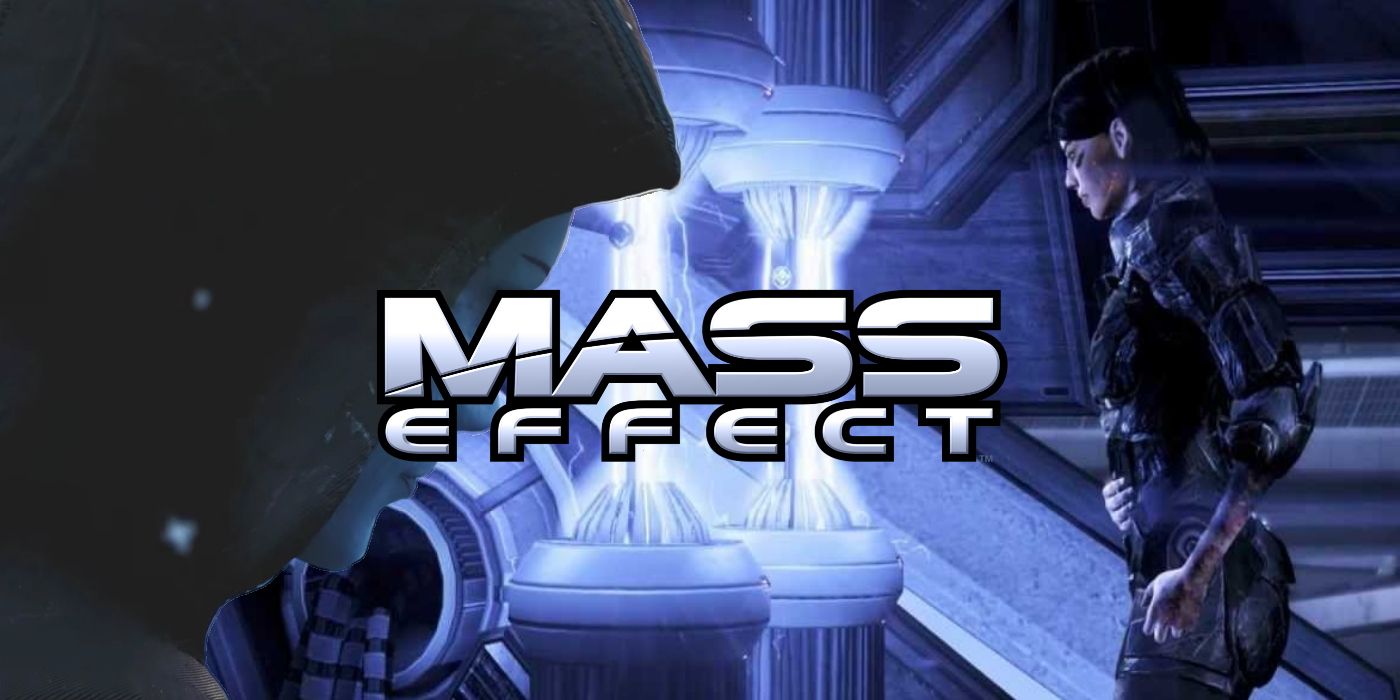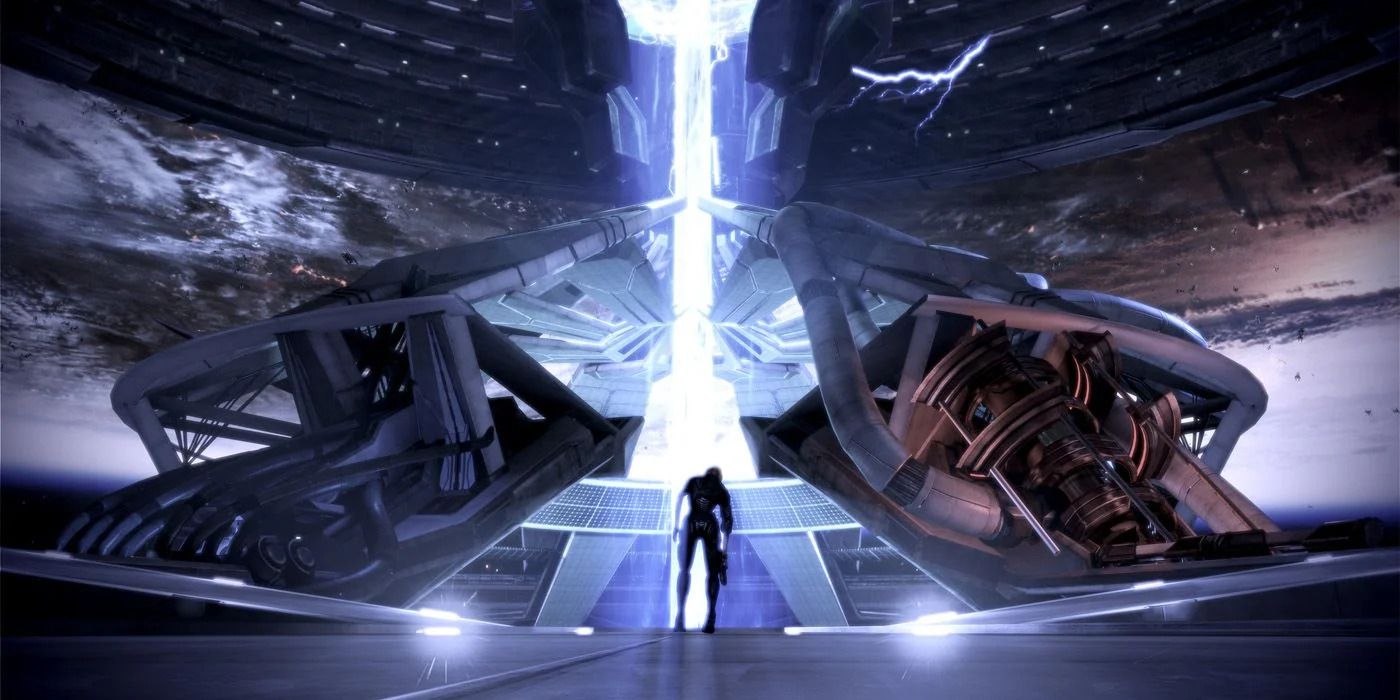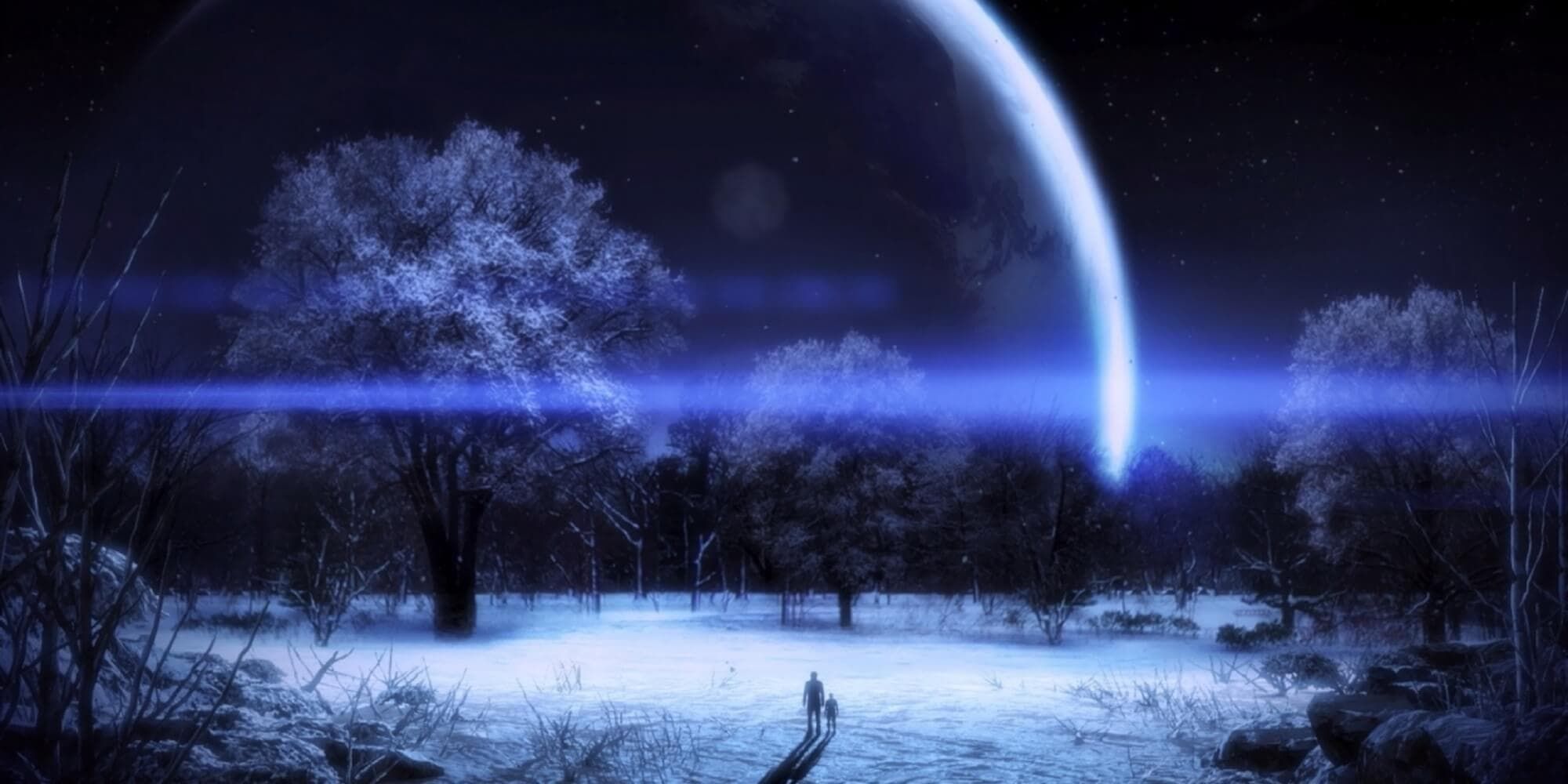
When Mass Effect: Andromeda was announced, BioWare made it clear that the game's protagonist would not be Commander Shepard, and that their story wrapped up with the end of the original Mass Effect trilogy. After Andromeda's disappointing reception, however, the trailer for Mass Effect 4 released at the Game Awards 2020 hinted heavily at Shepard's survival and potential return as the series' player character.
Although many fans would be pleased to see Shepard return, there are some reasons this may not be a good idea. Despite criticisms of Mass Effect 3's ending, Shepard's return in Mass Effect 4 has the potential to undermine both the third game and the entire original trilogy. Not only that, but it could undermine trust in many of the decisions players are asked to make in Mass Effect going forward.
RELATED: Some of Mass Effect 2's Cut Characters Would Be Perfect Fits for Dragon Age 4

The ending of Mass Effect 3 was not well-received by many critics or fans of the franchise. There was one main reason for this. Like many RPGs, the original Mass Effect trilogy prided itself on the diversity of the choices presented to the player and the cascading consequences they could have on the rest of the story.
In Mass Effect 1, the player's actions could lead to the deaths of every member of the Citadel Council, and several key Mass Effect companions. In Mass Effect 2 there was not a single squad member who couldn't be killed during the game's famous final suicide mission, and even Shepard could die in the end.
The final moment of Mass Effect 3, however, didn't take the huge number of choices the player could have made by that point into account. Instead of feeling like the culmination of each player's personal story, the game presented the same final choice to every player. That choice alone would determine which of three main possible endings the player would see in a subsequent cutscene.
Shepard could destroy the Reapers, all synthetic life across the galaxy, and the Mass Relays — this was known as the Destroy Ending. Shepard could choose to become an AI themselves and take over the Reapers for benevolent purposes - the Control Ending. Finally, Shepard could merge all synthetic and organic life — the Synthesis Ending.
Many fans of the franchise felt like this was a massive simplification of events and choices thus far. Some also took issue with the fact that the following cutscenes had many of the same shots in them, with the only difference being the color of the energy blast released from the Crucible. The criticism was so great, in fact, that BioWare released an "Extended Cut" primarily to add more diversity to each of the three endings.
Because of this, many fans aren't particularly attached to the ending of Mass Effect 3. The trailer for Mass Effect 4 showed a dead Reaper and artwork released by BioWare shows a Mass Relay being rebuilt in a style resembling human ships in the series. These details both point to the Destroy Ending being made canon. If the player had a high enough Effective Military Strength, the Destroy Ending was the only option that hinted at Shepard's survival. Liara's discovery of a piece of N7 armor in the trailer also seems to suggest Shephard's survival as well.
While few fans are attached to Mass Effect 3's final choice, the decision to make the Destroy Ending canon undermines far more than Mass Effect 3's ending. RPGs like the original Mass Effect trilogy are all about player choices. Shepard's personality shines through thanks to the performances of Jennifer Hale and Mark Meer. However, the big decisions Shepard makes and the unfolding of the story is supposed to be in the hands of the player.
RELATED: Mass Effect: All Alien Squad Members In The Franchise, Ranked

There should not be a strict singular Mass Effect canon from which some players deviate. The story of a series like Mass Effect should have no canon when it comes to the choices players make in-game. There should be no right or wrong answers, only unique narratives that players experience.
Based on everything revealed so far, Shepard's return is almost certainly predicated on the Destroy Ending. If so, fans who played a version of Shepard in the original trilogy who would never have made that decision — which also very likely involves the destruction of the entire Geth race and companions like EDI and Legion — will have no choice but to play the new game as a version of Shepard they do not recognize.
The decision to bring Shepard back and make the Destroy Ending canon risks undermining player decisions across the original trilogy. Not only that, but it has the potential to reduce trust in the decisions players will be able to make in Mass Effect 4. It's likely that if Shepard's survival and tough choices in Mass Effect 3 like curing the genophage are made canon, many players will struggle to make choices in Mass Effect 4 without wondering which one is the "correct" choice that will become the basis for future games.
This poses another problem with the remastered Mass Effect: Legendary Edition on the way. Players may find themselves playing through the original trilogy again knowing that, despite all the choices available, Mass Effect 4 may ultimately render many of players' outcomes either canonical or inconsequential. This would undermine a key tenet of the original trilogy's narrative design.
This will be a sacrifice some fans are willing to see made in order to continue Commander Shepard's story, especially after many were let down by Andromeda's protagonist Ryder. Nonetheless, it's a huge decision for BioWare to make. If Mass Effect 4 establishes Shepard's survival among other elements from the original trilogy as canon, fans will still be able to play through the first three games as is. However, they will never be able to continue the story without erasing much of what made that original experience their own unique story, depending on their choices.
Mass Effect 4 is currently in development.
MORE: The Cut Mass Effect 2 Characters That Should Return in Mass Effect 4

